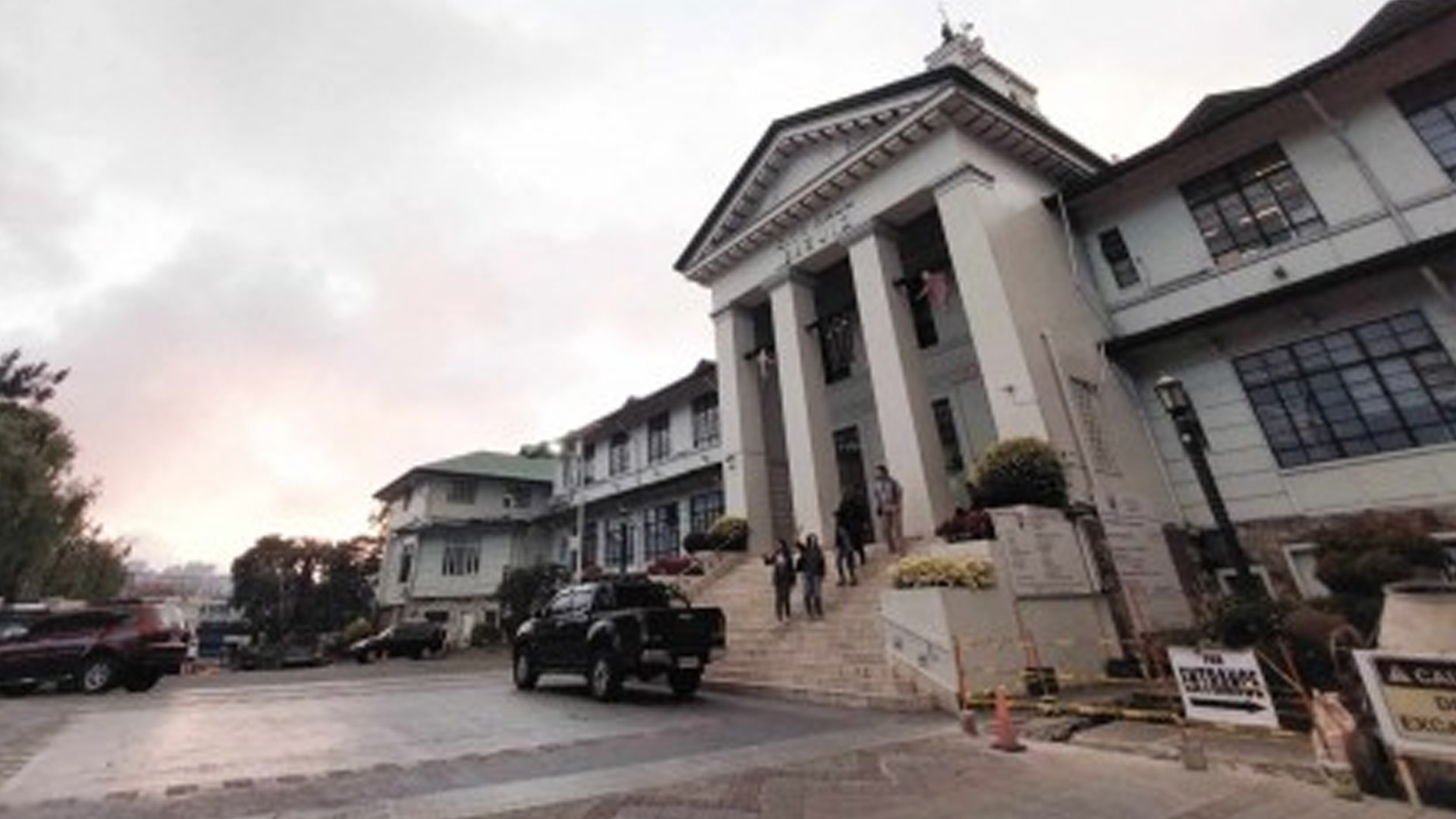The city government is eyeing to reduce its waste generation by more than half in 10 years by continuing to encourage residents to reduce, reuse, and recycle wastes in the household.
Eugene Buyuccan, chief of the Baguio City General Services Office, (GSO) said the Solid Waste Management Plan 2025-2034 aims to reduce to 180 tons the daily waste to be disposed.
“(This number is) expected to be achieved by 2029 as the city targets to be a model on waste minimization and waste diversion, with goals to decrease waste generation through various waste avoidance and reduction strategies, and increase waste diversion through fund diversion,” he said in an interview.
Data shows that the projected waste generation and proposed waste diversion shall be on an upward trend from 180 to 420 tons per day; while waste disposed of is estimated to go down from 290 tons down to 180 tons per day, both data intersecting sometime between 2028 and 2029.
Measures targeted to lower the volume of wastes being disposed include continuation of existing programs such as composting and landfills for biodegradables, recyclables disposed in junkshops and residuals brought to landfills.
Another source reduction program is bringing own containers when buying food, and doing market and grocery chores.
Other measures include the continuing implementation of the plastic and styrofoam-free Baguio City ordinance; the no-straw policy with some establishments promoting the use of edible straws; no single-use plastics; paper recycling and digitalization in offices.
Buyuccan said boosting information campaign will also matter, with waste reduction practices regularly posted in social media.
He said awards for active participants include the cleanest villages; best solid waste management program in the villages, non-government/people’s organization, business establishment, government agency, and schools/university; Basura (waste) Warrior of the year: Best SWMP IEC material/poster/video; and Best SWMP Proposal of the year. (PNA)







